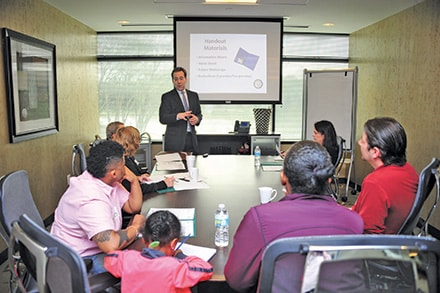
Estate Planning | Your Assets – Your Plan or Someone Else’s?
If the distribution of your property is important to you, you can use a will or a trust to give instructions about who gets what when you die. If you die without a properly executed estate plan, state law will determine how the probate court will divide and distribute the things you own. Of course, the state of Georgia’s estate plan won’t take your particular wishes into account. So, most people prefer to put their own plan into place.









